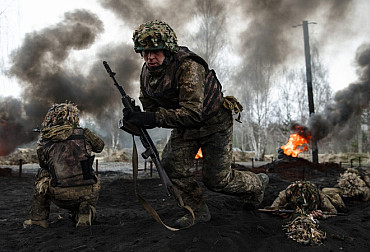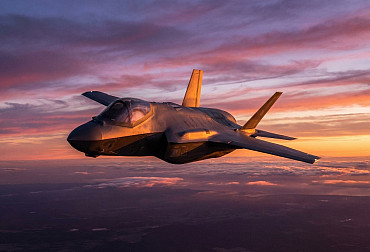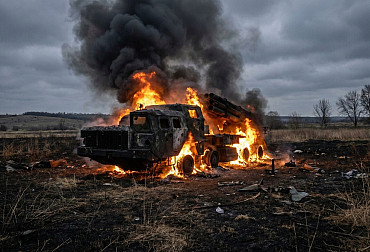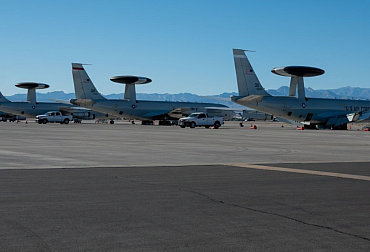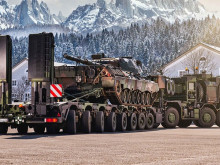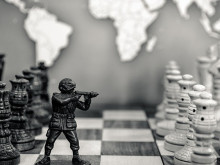Turmoil in the Middle East, Czech Diplomacy Seeks Stability
In recent days, international attention has turned to the unprecedented escalation of tensions between Israel, the United States, and Iran. On the night of June 13, the Israeli Air Force carried out coordinated strikes on military facilities and infrastructure linked to Iran's nuclear program. On the night of June 22, the United States struck several nuclear facilities on Iranian territory. Czech government officials responded promptly and consistently: they consider Iran's nuclear program a critical threat, Israel's and the US's defensive actions legitimate, and Czech diplomatic efforts stabilizing rather than confrontational.
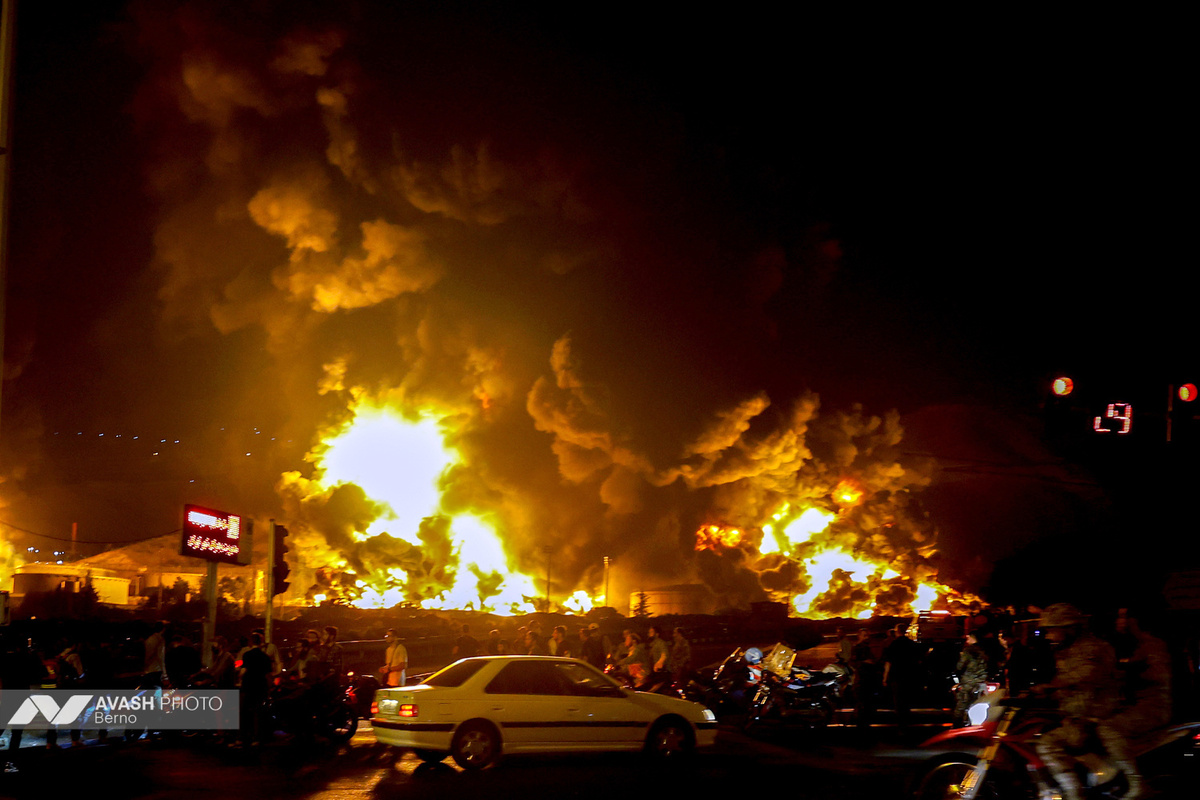
The Czech Republic has long been a country with a consistent foreign policy based on support for international law, human rights, and transatlantic ties. The events of June 2025 did nothing to change this. Prime Minister Petr Fiala (ODS) emphasized that “the US military action, which supported Israel's efforts, will hopefully finally compel the Iranian regime to engage in negotiations that would lead to a calming of the situation in the Middle East.” Foreign Minister Jan Lipavský (independent) expressed a similar view: “We understand the security reasons that led the United States to take this step—Iran's nuclear program has long posed a threat to the entire world.”
Both statements show how Czech diplomacy combines support for its allies' defensive actions with a call for a diplomatic solution. Prague understands the need to neutralize the Iranian threat, but the result must not be a new war. This realistic, value-based approach is characteristic of Czech diplomacy.
Czech officials have no illusions about Iran's nuclear program. Minister Lipavský based his support for the US attacks on reports from the UN and the International Atomic Energy Agency: “Information not only from Israel, but also from independent organisations such as the UN and the International Atomic Energy Agency indicate that Iran is enriching uranium and seeking to secure a nuclear delivery system.” These statements indicate a clear consensus: Iran's program is not civilian, violates international agreements, and aims to achieve military nuclear strike capability. Therefore, its neutralization can be seen as a legal and legitimate step.
However, the Czech Republic's support for Israel is not unconditional. Prague's position is characterized by strong support for Israel's right to self-defense. Minister Lipavský said in an interview with Echo24: "Israel chooses very carefully which of its opponents to take action against. These are opponents who say that Israel must be destroyed as a state. This is not aggression, it is the right to self-defense.“ At the same time, however, Prime Minister Fiala explicitly called for the protection of civilians in his interview with Israeli Prime Minister Netanyahu: ”I expressed my desire to protect civilians living in Israel, Iran, Gaza, or anywhere else to the maximum extent possible."
This balanced stance sets Czech diplomacy apart from other countries in Europe. Firmness in defending allies is complemented by a human rights appeal aimed at limiting civilian casualties and preventing the escalation of hatred. In line with this, Czech institutions have not limited themselves to verbal responses, but have also taken action. The Ministry of Foreign Affairs decided to close the embassy in Tehran and organized evacuation flights for Czech citizens from Israel. “There are 203 Czechs registered in the DROZD travel system in Israel, 42 in Jordan, and three in Iran,” the Ministry of Foreign Affairs said. The Ministry of Defense has not ruled out further evacuation flights. Prague is thus demonstrating its ability to respond quickly and effectively to crisis situations, with the protection of its own citizens in unstable areas remaining a priority.
From this specific response, we can deduce a broader strategic framework for Czech policy toward Iran. Deputy Foreign Minister Jiří Kozák said on Czech Radio Plus: “Iran is a regime that is dangerous not only for the existence of the State of Israel, but also for us. Its leaders repeatedly speak of destroying our values.” He added: “Iran is a major ally of Russia. We must also take this dimension into account.” These words suggest that Tehran is seen not as an isolated threat, but as part of a broader authoritarian axis comprising Moscow, Tehran, and their allies. In this sense, it is a continuation of the global conflict between democracies and authoritarian regimes, the echoes of which are also being felt in the security environment of Central Europe.
The escalation of tensions in the Middle East also increases the Czech Republic's need to strengthen its defense capabilities. In addition to its ongoing participation in the European Sky Shield Initiative (ESSI), the Czech Armed Forces are looking forward to taking delivery of the first Israeli SPYDER air defense systems (planned for spring 2026). The ability to counter missile and unmanned threats, which is important for the defense of Czech territory and for fulfilling collective security commitments, will most likely be supported by further acquisition programs in the coming years.
The SPYDER system has been actively used by the Israeli army in real combat conditions for more than twenty years. The Jewish state faces frequent missile and drone attacks and relies on these systems for their mobility, rapid deployability, and ability to engage multiple targets at distances of tens of kilometers. Israel's experience shows high effectiveness in protecting critical military and civilian targets against short- and medium-range missiles, which are frequently used in contemporary conflicts.
For the Czech Republic, which faces new security challenges arising from global tensions, SPYDER represents a significant qualitative leap forward in air defense. The deployment of the system and Israel's experience in real combat conditions show the Czech Armed Forces how to effectively counter traditional and new forms of threats, including classic air attacks and increasingly frequent missile and unmanned technologies. SPYDER also symbolizes the deepening of the strategic partnership between the Czech Republic and Israel, which is based on shared values and pragmatic security cooperation.
Despite strong support for the defensive operations of Israel and the US, Czech diplomacy remains open to the possibility of negotiations in the Middle East. Minister Lipavský clearly stated: “I hope that Iran can be brought to a certain diplomatic position so that negotiations can resume on how it will approach its nuclear program.” After the EU Foreign Affairs Council meeting, he added: “Iran's nuclear program poses a serious threat not only to the Middle East but also to Europe. We recognize Israel's right to defend its security, and we need to push Iran back to the negotiating table.”
This ability to combine decisiveness with restraint, support for strength with a desire for dialogue, makes the Czech position a model of sustainable and credible foreign policy. The alliance with the US and Israel is evident, but it is not blind. A humanitarian perspective, diplomatic openness, and consular responsibility are the pillars of the Czech approach.
At a time when the world is changing and traditional alliances are being questioned, the Czech approach is an example of the art of maintaining integrity without illusions and determination without unilateralism. It is precisely this model that can inspire other EU member states seeking a balance between values and geopolitical pressure.











